#tumblr/contemporary art practice
Explore tagged Tumblr posts
Text
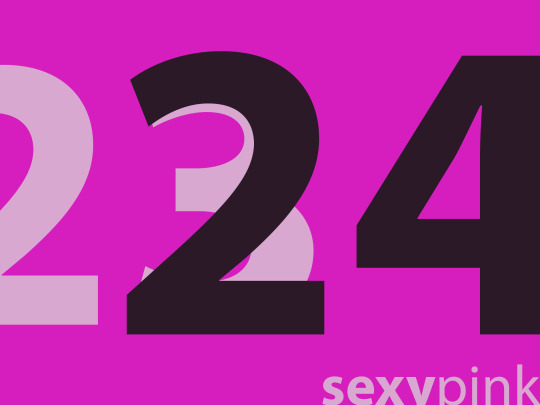
H a p p y N e w Y e a r
f r o m S E X Y P I N K
#sexypink/Art from the Caribbean region#sexypink/Caribbean Art and Artists#sexypink/Caribbean Art History#sexypink/Everything Art based#tumblr/Art news in the Caribbean and diaspora#tumblr/Caribbean Art#tumblr/Caribbean Artists#tumblr/Art Writing#tumblr/criticism in Art in the Caribbean#tumblr/contemporary art practice#Art
0 notes
Text

figure / untitled, 2024
ink on paper
© Lía Serrano
.
#Lia Serrano#artists on tumblr#artwork#original art#figure drawing#figurative art#traditional art#traditional drawing#ink drawing#figure art#practice drawing#minimalist art#black and white art#art of tumblr#visual arts#modern art#contemporary art#figure study
45 notes
·
View notes
Text

Quick color practice🪷
#coloring#colorful#flowers#fairy aesthetic#fairy art#fairycore#contemporary art#art study#edible art#digital aritst#artists on tumblr#illustration#art#artwork#painting#drawing#portrait#my art#sketch#digital artist#digital art#digital illustration#illustrative art#art post#art daily#art practice#art work#art experiment#art inspiration#art sketch
21 notes
·
View notes
Text

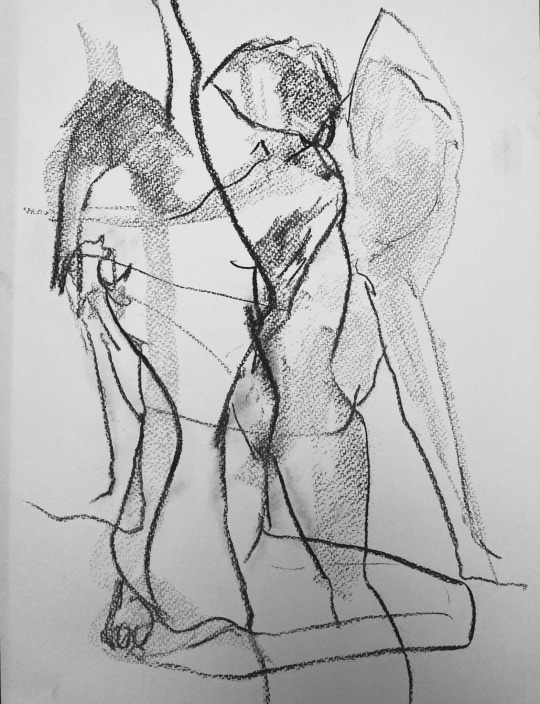
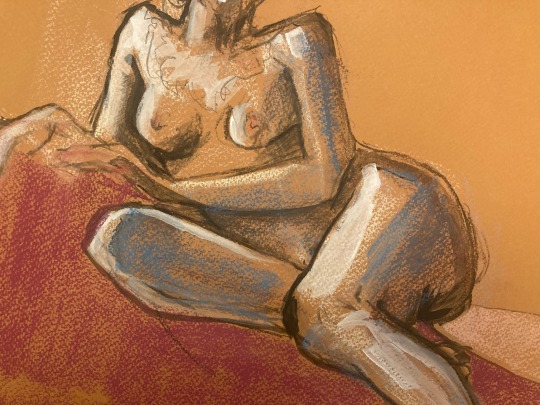
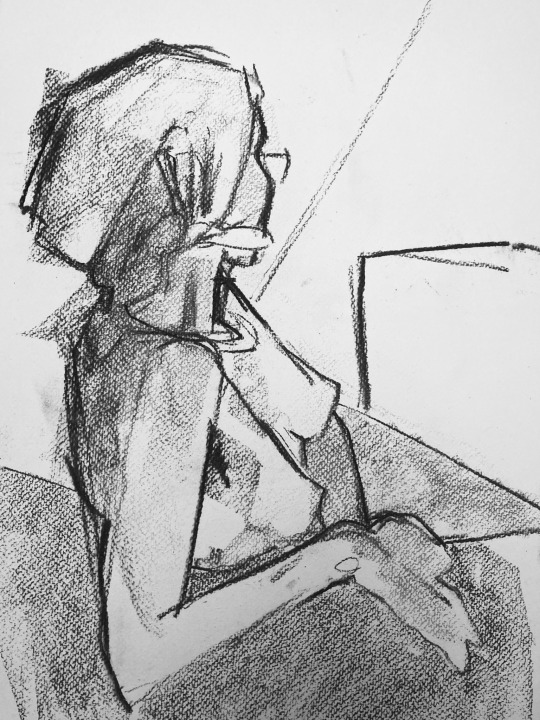

Pastel, charcoal and a little random acrylic drawings by @ciaraslevin
#art#artwork#artists on tumblr#my art#belfast#contemporary art#drawing#quick sketch#draw practice#charcoal drawing#pastel drawing#sketching practice#artistic#body art#art lover#artistry
15 notes
·
View notes
Text
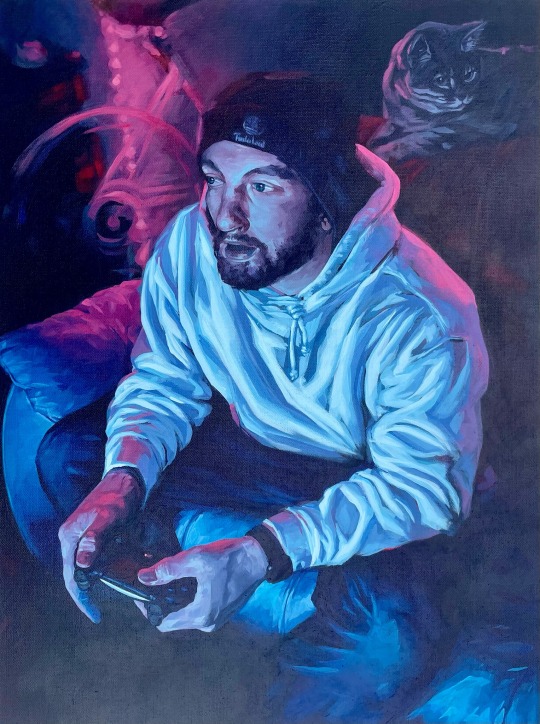
12.26.2022
#my art#acrylic painting#artists of tumblr#makeart2022#traditional artist#artists on tumblr#art#rgb lights#illustration#gamers of tumblr#contemporary art#portrait painting#portraiture#nocturne#acrylic on canvas#face drawing#face painting#hands practice#hand drawings#hand painting#makeart2023
15 notes
·
View notes
Text

Last night’s drawing. I make these tiny drawings right before I get into bed.
I use a 6B pencil and any paper that’s to hand. I have to make drawing as easy as possible, especially at that time of night, so I have a pencil and paper ready on my desk all the time.
#abstract art#artists on tumblr#contemporary art#drawing#abstract drawing#intuitive art#pencil drawing#intuitive#pencil art#pencil#graphite#graphite drawing#liminal#subconscious#daily drawing#daily art#daily art practice
9 notes
·
View notes
Text

Dance Clubs Cannupa Hanska Luger, 2022 6 ceramic and walnut objects with synthetic hair, fuel hose, synthetic sinew and vermillion ink Photo by @garthgreenangallery
Dance Clubs is a series of objects designed to be held in ones hand for a performance which is never to be activated.
Comprised of gas pumps slip cast in ceramic, coated with a brilliant orange ink, intended to stain ones hand if touched. The visual language is based on Indigenous war clubs of my ancestors - the ceramic and hand carved wooden clubs mirror the ingenuity in creating new technology - These objects transpose power of one idea into another, they are artifacts of necessary behavior shifts and a warning for humanity to pivot from our current actions if we are to survive as a species.
Now on view for BELONGING: Contemporary Native Ceramics from the Southern Plains now at the Louise Hopkins Underwood Center for the Arts, Texas through March 23, 2024. Participating Artists: Karita Coffey (Comanche), Chase Kahwinhut Earles (Caddo), Anita Fields (Osage/Muscogee), Raven Halfmoon (Caddo/Choctaw/Delaware), Cannupa Hanska Luger (Mandan/Hidatsa/Arikara/Lakota), Jane Osti (Cherokee National Treasure), Cortney YellowHorse-Metzger (Osage)
“This exhibit spotlights the diversity of contemporary ceramics practices among Native American artists in the region, and their reflections on belonging based in particular cultural roots, ancestral connections, personal insights, and individual experiences. Curating selected works from eight Native artists, this show incorporates a range of artistic practices from futuristic and customary works based on vessel forms, to more experimental practices that push clay in new directions through multi-media installation and performance.”
(via cannupahanska on Instagram)
#this is so fucking good i haaad to share#also i want to make a tag for references#yes i am using tumblr in my actual professional artistic practice#do not question my methods#contemporary art#contemporary sculpture#cannupa hanska luger#indigenous art#indigenous contemporary art#Three Affiliated Tribes of Fort Berthold#lakota#mandan#hidatsa#arikaya#standing rock#standing rock north dakota#new mexico#native american art#fine art#material culture#ceramics
4 notes
·
View notes
Text

Repost from my ig 2021 if you're interested I can post the work in progress
#artetumblr#arte#art#artist on tumblr#tumblr draw#artist#old art#small artist#artwork#my art#my artwork#abstract#makearteveryday#artsy#contemporary art#artlife#practice#wip#fantasy#art fantasy#centipede#bug art#dnd#old sketch#sketchbook#sketchbook art#sketching#justdraw#sketchoftheday#pencil drawing
2 notes
·
View notes
Text
photo study

bonus process video ✨
#artists on tumblr#art#digital art#illustration#contemporary art#semirealism#photo study#art practice#wim's art
1 note
·
View note
Text

See Arcane's Scribbles Substack
Do you like classic horror literature? Do you have a below-average fear of disembodied eyes staring at you from the screen while you try to read? Then have I got the Substack for you!
Mine. It’s my Substack. See Arcane’s Scribbles is where I’ll be compiling a number of preview chapters for works-in-progress as well as a few other eerie odds and ends that might not end up on Tumblr. It’s a hell of a lot easier to scroll through and you can chuck a little support my way too. Hope you’ll give it a gander! Likewise for my official author site.
The Vampyres and Harker

The Vampyres (novella)
Set in the modern day, one very practiced bastard of a bloodsucker realizes that his fellow undead have started disappearing. All suddenly gone to dust and decay. Which would hardly bother him, except the entity responsible is now on his track. The eponymous Vampyre finds himself caught between a desperate investigation to uncover what this impossible psychopomp really is and making moves on an enticingly oblivious new victim he can’t wait to drain…supposing he keeps his head on his shoulders long enough to get a taste. If you're interested in a copy, check out the following links:
eBook - Print
Or to search by ISBN:
eBook: 9798218374594 - Paperback: 9798218374587
(There's also three free preview chapters in the Substack!)
Harker (WIP)
Jonathan Harker opens and closes the story of Dracula. He is the character who spends the most time with the dreaded Count in person. He is there for the torturous stay in the gothic castle, he is there when the monster preys upon his beloved, he is there at the very end of Dracula's vicious undeath. And yet, so many questions are left unanswered about Mr. Harker and what he endured between the lines. What happened in those missing dates within Castle Dracula? What happened as he ran through the Carpathians? And what was the source and result of that eerie change that came upon him on the 3rd of October? It’s about time we found out.
Ko-Fi
In case you want to drop me a buck or commission some art.
Playlists
Some tunes for your contemporary or classic undead horror of choice:
The Vampyres 🩸Harker 🩸Was Frankenstein Not the Monster?
Also I'm on Bluesky if you want to say hi. 🦋
#my writing#c.r. kane#horror#dracula#bram stoker#dracula daily#re: dracula#the vampyre#john william polidori#jonathan harker#harker#the vampyres#Spotify#Substack
449 notes
·
View notes
Text
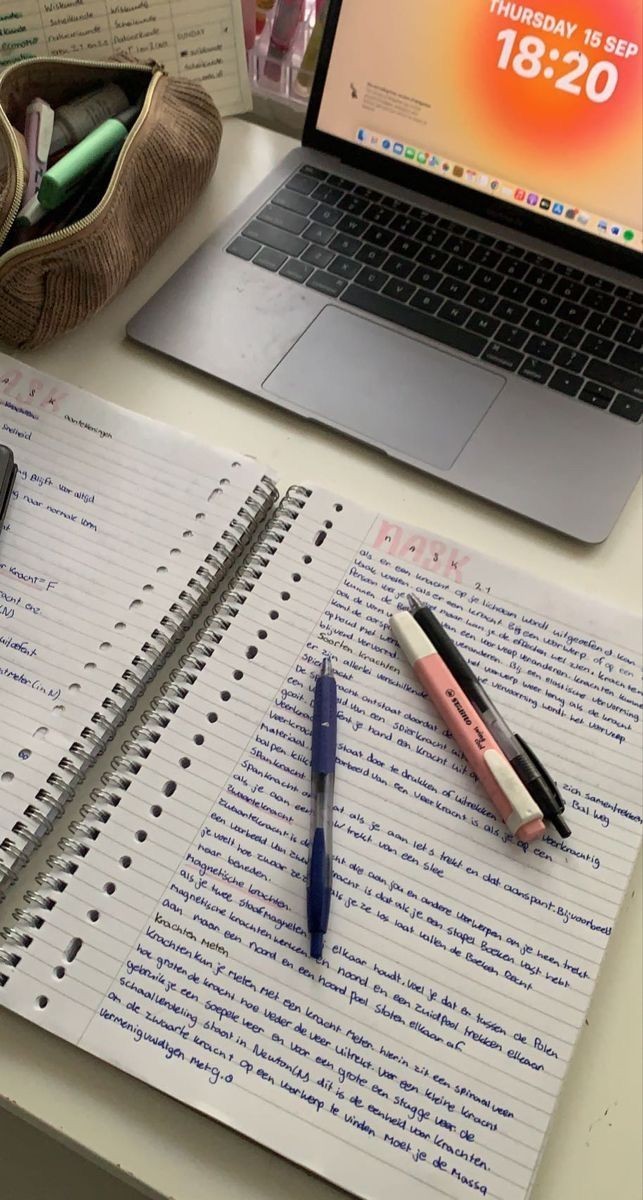
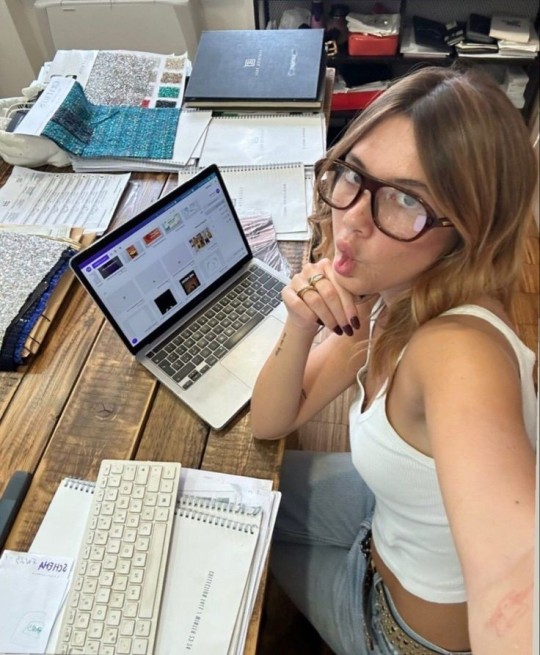
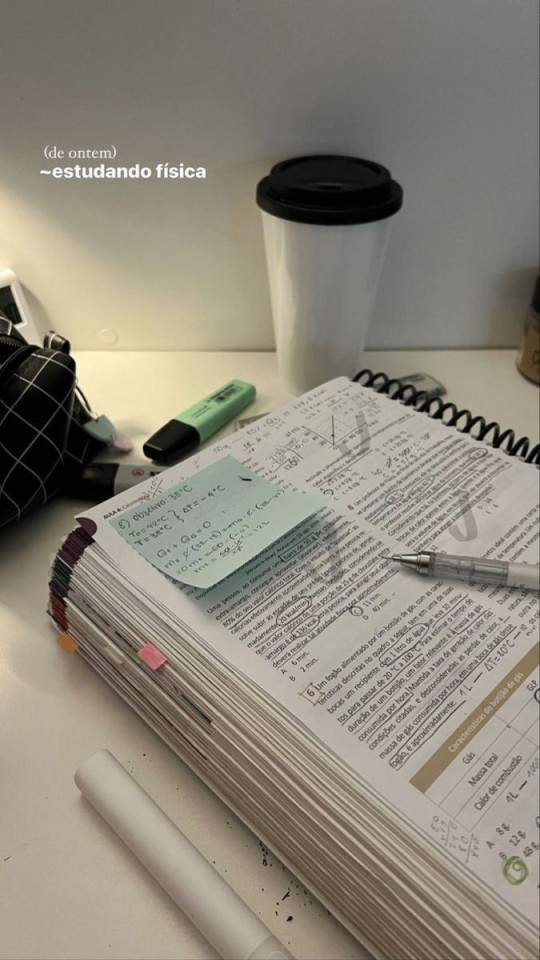
❥﹒♡﹒☕﹒ 𝗯𝗲 𝘀𝗺𝗮𝗿𝘁𝗲𝗿 ( 𝗮𝗰𝗮𝗱𝗲𝗺𝗶𝗰𝗮𝗹𝗹𝘆 𝗯𝘂𝘁 𝗻𝗼𝘁 𝗼𝗻𝗹𝘆 !! )
𝟭. improve your writing skills ( ✒️ )
i feel that not everyone has the perception of how important it is to know how to write. you don't have to be a poet, nor the new emily brontë, but fluid, conscious, rich writing makes the difference. really. you could write a page without saying anything at all, but if that damn page is written good and smoothly, then you can be sure that you will get extra points. take the time to improve your writing skills, the best advice i have for doing so is reading. read as much as you can. read novels (non-fiction in this case doesn't help because the content is preferred rather than the form), read contemporary authors – you don't necessarily have to read sophocles' tragedies, but read quality stuff. expand your vocabulary, your knowledge of syntax, learn to use punctuation! and then write, tell stories, write love letters, write reviews of films, books, cultural festivals, open a blog on tumblr and write to practice, reread what you write ad nauseam, until it is perfect, until the form of your essay is pulitzer prize worthy.
bonus some of my favourite authors (tell me in the comments about yours!): ian mcewan, banana yoshimoto, haruki murakami, george orwell, josé saramago, albert camus, khaled hosseini, hanya yanagihara
𝟮. develop critical thinking ( 💭 )
if you have always studied passively by absorbing information and vomiting it onto a test sheet then you have wasted your time. taking on information is not enough, you need to know how to rework it and develop your own idea about it. especially in the arts and literature one may disagree with certain information provided by a textbook. developing critical thinking is not easy, especially due to the school system that teaches us to standardize thinking. always consult all available sources on a given topic, compare them, analyze contradictions. it might be difficult and tiring – our brain spends more energy processing two conflicting pieces of information than processing two pieces of information that agree – but it will be worth it. by practicing critical thinking and improving your argumentation skills, you will not only be able to improve in your studies, becoming able to present complex topics and make interdisciplinary connections, but also in daily life, you will become much less influenced and manipulated by external information.
𝟯. find yourself an interest ( 🌷 )
it could be anything, but find an interest that excites you and you enjoy and do research about it. watch videos, documentaries, read articles. it doesn't have to be school-related, it must be an external topic that you are passionate about and that allows you to rediscover the joy of studying and learning every time school seems to suffocate it. sometimes i'm not in the mood to study for exams, so i dedicate myself to my personal research and finally find my spark, my seek for knowledge. for example, my interest is true crime, it has always fascinated me since i was little, but yours could be wild animals, makeup, comics, ships, planes, ocean flora, literally anything. there is no constraint.
𝟰. analyze your mistakes and recognize your wrongs ( 🫒 )
there is no shame in making mistakes. everyone makes mistakes, we are human, but the real sin is getting bogged down in mistakes, refusing to acknowledge them, and continuing to make them again and again. we should be continually growing, continually discovering ourselves, both intellectually and emotionally. how many of you were the "gifted kid" when you were little and then grew up into burned out high school / uni students desperately seeking academic validation? there comes a time when talent isn't enough, you have to put in the effort, and this doesn't make you less intelligent or gifted, in fact, quite the opposite. dedicating time and attention to your personal and intellectual growth also means having to ruminate on your mistakes. it's scary, but it's the most effective way if you really want to improve. take a notebook and at the end of the day reflect on the highlights and the wrongs, what you could have done better, where you would like to push forward tomorrow, what you achieved today. did you make a mistake? first ask yourself why and then look for a way to solve the problem, make every bad moment a lesson, a brick on which to build the version of you you wanto to become tomorrow.
𝟱. don't be afraid of doing researches ( 🧃 )
the amount of fake news and misinformation online is appalling. opening any app like tiktok or instagram we are inundated with information that is often (not always, but not so rarely) inaccurate. don't be afraid to conduct your own research, if you have time to mindlessly scroll through tiktok you will also have five minutes to read an article regarding that information provided. don't know the meaning of a word? look it up before using it. not sure about a piece of information? check it before using it in your argumentation. in the age of immediate access to data we have no excuse to be superficial.
𝟲. master communication ( ♟️ )
mastering communication is essential in both personal and professional realms. it's the cornerstone of building meaningful relationships, whether it's conveying ideas effectively in academia or fostering connections in the workplace. developing strong communication skills not only enhances your ability to articulate thoughts but also empowers you to listen actively, empathize with others, and resolve conflicts constructively. ultimately, honing these skills cultivates confidence, credibility, and success in all aspects of life.
𝟳. push yourself out of your comfort zone ( 🧸 )
build your confidence. confidence is uncomfortable. don't be afraid of it. you are young, this is the right time to experiment, take risks, discover who you really are. this is the best time for you to do those things that you would otherwise never do, you don't want to regret later in life that you didn't accept that scholarship, that trip abroad, that job opportunity, because you didn't feel comfortable enough. do things that take you out of your comfort zone until everything becomes your comfort zone. go on solo dates, be a social butterfly, tell the girl at the bookstore you love her t-shirt, go to the theater alone, eat at a restaurant alone, take that trip. if it goes badly, you'll only have one funny story to tell.
𝟴. stay informed about the news (but not too much!) ( 🌍 )
this might be controversial, but: stay informed about the news, just don't overdo it. personally, i am an easily influenced person and i realized that being constantly exposed to the bad things happening in the world had drained me and made me terribly depressed. don't get me wrong, you need to be informed about what's happening in the world and in your country, just being constantly surrounded by horrible news repeated ad nauseam on TV programs is of no use. be aware.
#college#education#school#academia#note taking#student#study aesthetic#study blog#study inspiration#study motivation#academic validation#chaotic academia#light academia#dark academia#university student#architecture student#i should study#study tips#student life#study notes#studyblr#studyinspo#studyspo#uni student#university life#uni life#university#smart#be smart#become smarter
505 notes
·
View notes
Photo

Wanka Civilization
The Wanka (also Wanca or Huanca) people occupied the highlands of ancient central Peru around Lake Junin and the Manataro, Chanchamayo and Tarma rivers. The culture flourished from the Middle to Late Horizon periods (600 CE - 1532 CE). Dwelling in fortified hill-top settlements, they largely specialised in llama herding. As with other cultures in the area, herding was long-preferred over farming. It was not until c. 1000 CE that intense maize farming began, much later than in other contemporary cultures. This shift in agricultural practice was motivated by changes in settlements and a significant increase in population density. Now concentrated in walled towns, the capital city of the Wanka was established at Wari Willka.
Wanka art and architecture across their different settlements were influenced by the nearby Huari culture and the Ayacucho style. Settlements vary in size with the majority having fewer than 50 buildings but several having over 100. Most buildings were circular and arranged in small groups of up to twelve around an open courtyard. There is not much evidence of town planning, although some settlements were constructed in pairs in close proximity.
The Wanka provided stiff resistance to the Inca Empire until their final defeat at the hands of the great Inca leader Pachacuti (r. 1438 - 1471 CE). The Incas shifted populations to lower-level locations and administered the area from an imperial centre at Jaujatambo. Agriculture became better organised in order to produce quotas for the Inca state and large storage buildings (qollqa) were built.
Never wholly subjugated to Inca rule, the Wanka were often embroiled in border disputes with their neighbours the Xauxa, and the Incas describe the Wanka as being continuously plagued by internal disputes. Nevertheless, they became keen allies of Pizarro in his conquest of the Inca Empire. The Wankas also helped the Spanish Crown put down several rebellions in the early decades of colonial rule in Peru, notably the defeat of Francisco Hernández Girón between 1553 and 1554 CE. Their name lives on today with the Peruvian city and province of Huancayo being named after them, as is the local football team Deportivo Wanka.
Continue reading...
177 notes
·
View notes
Text
This is common knowledge for anyone on the r/demonolatrypractices subreddit but I realized that a lot of you aren’t on there and are missing out on some great resources, so if you’re looking for reading material on demonology and demonolatry definitely check out the website below.
These basic resources come straight from Demonology the subreddit. I did not compile any of this, I’m just sharing for the folks on Tumblr. (Honestly even if you aren’t fond of that sub you should definitely take advantage of their deep dives by experienced practitioners, it really is a great resource):
Some book recommendations
Essential Background:
*On the Hieratic Art* by Proclus
*The Testament of Solomon*
*The Picatrix*
*Three Books of Occult Philosophy* by Agrippa
*The Fourth Book of Occult Philosophy* by Pseudo-Agrippa
Classic Grimoires:
*The Sworn Book of Honorius (Liber Juratus)*
*The Book of the Sacred Magic of Abramelin the Mage*
*The Heptameron* by Pietro d'Abano
*The Greater Key of Solomon*
*The Lesser Key of Solomon (Lemegeton)*
*Grimorium Verum*
For Spiritual/Theological Grounding:
*Timaeus* by Plato
*Parmenides* by Plato
*Chaldean Oracles*
*The Corpus Hermeticum*
*On the Mysteries (De Mysteriis)* by Iamblichus
*Psychic Self-Defense* by Dion Fortune
*Initiation Into Hermetics* by Franz Bardon
Good Contemporary Books:
*Secrets of the Magickal Grimoires* by Aaron Leitch
*Pandemonium* by Jake Stratton-Kent
*Stellas Daemonum* by David Crowhurst
About Lilith:
The Mighty Book List:
Introductory guides (the books that have their own systems of working with spirits included in them, therefore you can try working with spirits if you have any one of these books):
"The Complete Book of Demonolatry" by S. Connolly, (I consider this to be essential)
"Lucifer and The Hidden Demons: A Practical Grimoire from The Order of Unveiled Faces" by Theodore Rose,
"Demons of Magick: Three Practical Rituals for Working with The 72 Demons" by Gordon Winterfield
"Consorting with Spirits: Your Guide to Working with Invisible Allies" by Jason Miller.
Each one of these books will have wildly different approaches. Try them, see what works for you and what doesn't.
Classic grimoires (these are good to read through to see the working with demons through a historical lens. Some people still use methods in these books, most new books will at the very least borrow elements, such as names, sigils and correspondences):
"The Book of the Sacred Magic of Abramelin the Mage" (Dehn ed. is recommended)
"The Greater Key of Solomon",
"The Lesser Key of Solomon" aka Lemegeton (Peterson ed. is best, Mathers/Crowley is its own thing worth reading but incomplete),
"Pseudomonarchia Daemonum" (repeats a lot of information that Lesser Key has, but is older, so worth a read if you're into history of occult),
"Grimorium Verum" (Peterson ed. or JSK's "True Grimoire"),
"The Grand Grimoire" (aka Red Dragon)
"The Grimoire of St. Cyprian",
" The Goetia of Dr. Rudd".
Books that are good to read for general occult/ magick background:
"The Egyptian Book of the Dead",
"Chaldean Oracles",
"On the Mysteries" by Iamblichus,
"The Greek Magical Papyri",
"The Testament of Solomon",
"The Picatrix",
"Three Books of Occult Philosophy" by Agrippa,
"The Fourth Book of Occult Philosophy" by Pseudo-Agrippa,
"Transcendental Magic" by Eliphas Levi,
"Psychic Self-Defense" by Dion Fortune,
"Initiation into Hermetics" by Franz Bardon,
"The Golden Dawn" by Regardie/Greer,
"Chicken Qabalah" by Lon Milo Duquette,
"Liber Null and Psychonaut" by Peter J. Carroll.
Contemporary reference books (dictionaries, history books on a spirit and other similar compilations):
"The Dictionary of Demons: Expanded and Revised: Names of the Damned" by Michelle Belanger,
"Book of the Fallen: Satanic Theory, Ethics, and Practice" by Martin McGreggor,
"Lucifer: Princeps" by Peter Grey,
"Rites of Lucifer" by Asenath Mason,
"The Goetia Devils" by Rev. Cain,
"Secrets of the Magickal Grimoires: The Classical Texts of Magick Deciphered" by Aaron Leitch,
"Pandemonium: A Discordant Concordance of Diverse Spirit Catalogues" by Jake Stratton-Kent.
"Stellas Daemonum" by David Crowhurst,
"Demonolator's Handbook" by Mirta Wake.
Books to do with evocation (make sure you know the difference between evoking and invoking), qliphoth, and other intermediate practices:
"The Practice of Magical Evocation" by Franz Bardon,
"Qabalah, Qliphoth, and Goetic Magic" by Thomas Karlsson
"Goetic Evocation" by Steve Savedow,
"Lake of Fire" by S. Connolly,
"Tree of Qliphoth" by Asenath Mason
#pagan#paganism#demonolatry#demonology#devotee#deity work#esoteric#witchcraft#magick#occultism#luciferian witch#luciferism#luciferian#lucifer devotee#theistic luciferianism#lucifer deity#lord lucifer#lucifer#king asmodeus#asmodeus#goetia#lilith deity#lilith#angelology#grimoire#spellcraft#spellwork#ritual#satanism#theistic satanism
141 notes
·
View notes
Text

Portrait from life; watercolour, pastel, charcoal & pencil - completed by moi tonight in Crescent Arts Centre 🎨
#art#artwork#northern ireland#artists on tumblr#my art#belfast#contemporary art#drawing#quick sketch#ulster#quick study#portrait sketch#red hair#drawing practice#drawing faces
1 note
·
View note
Text

11.27.2022
#my art#my art 2022#gouache#painting#trees and forests#urban exploration#numtots#nocturne#coastcard#no plein no gain#artists on tumblr#artists of tumblr#traditional artist#red aesthetic#red painting#artist of the night#night theme#art practice#contemporary impressionism
6 notes
·
View notes
Text
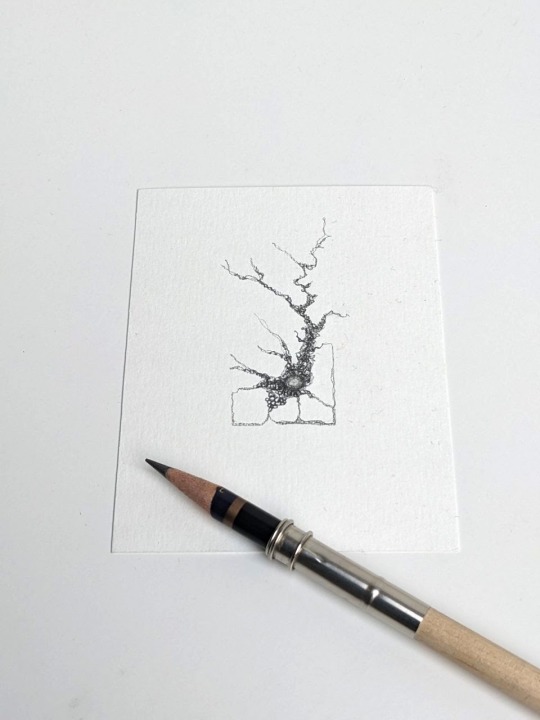
A very late night drawing.
These have become my (almost) daily art practice. Drawing when I’m tired and my brain has stopped functioning fully is an unpredictable process. But that’s exactly why I do it. There's no pressure and that's liberating.
#abstract art#artists on tumblr#contemporary art#drawing#abstract drawing#intuitive art#pencil drawing#intuitive#liminal#pencil#pencil art#subconscious#daily drawing#daily art practice#daily art
7 notes
·
View notes